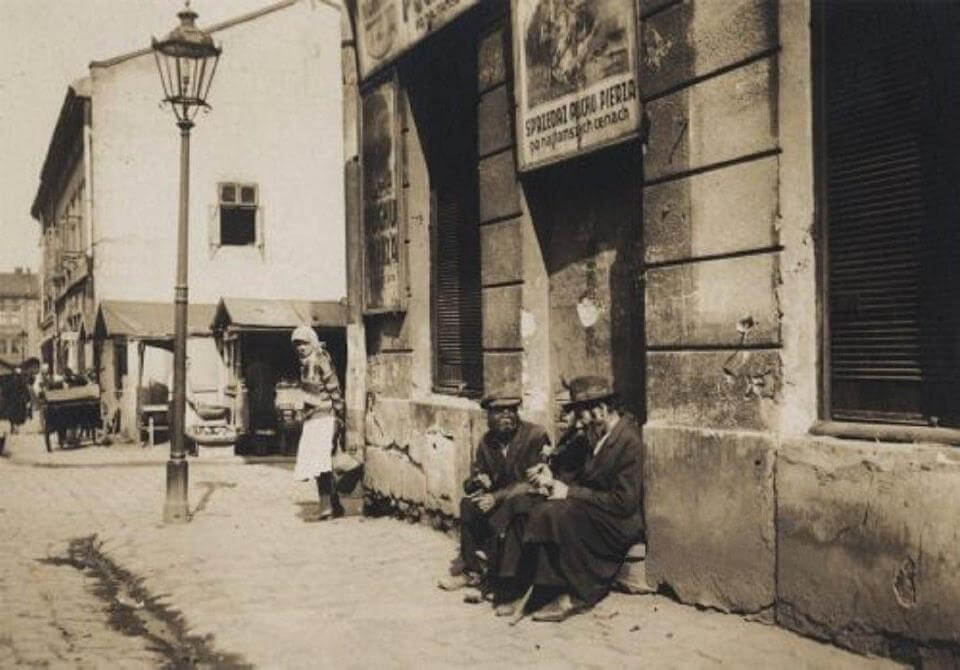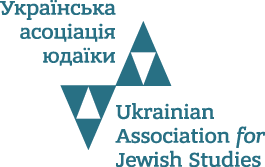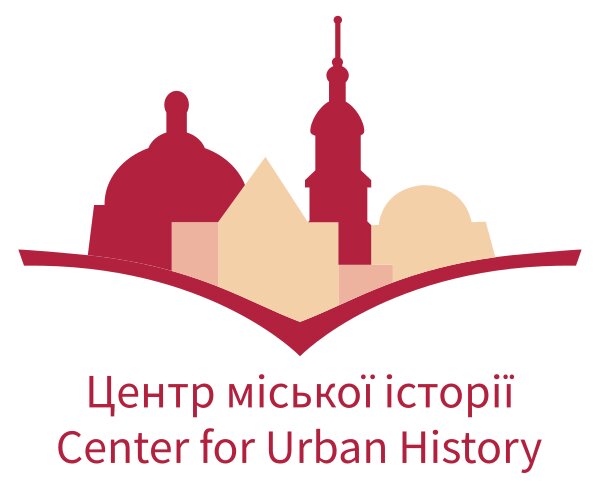Returning Galician Jews from Oblivion: 100th Anniversary of Jakub Honigsman
29-30.3.2023
Online, Center for Urban History, Lviv
The well-known historian and economist Jakub Honigsman (his 100th anniversary will be celebrated on December 29, 2022) returned from oblivion an integral part of the Galicia region's history — its Jewish community. The scholar was born in Lublin and obtained a traditional religious education. In 1939, he found himself in Soviet Belarus and enrolled at The Mahiliou Pedagogical Institute. Honigsman was evacuated as a student and thus rescued from the Holocaust, and later mobilized to a “labor column.” Demobilized in 1944, he resumed his studies at the University of Kyiv. In the late 1940s, Honigsman served as a librarian and an archivist in Lviv. Due to the antisemitism of the late Stalinist regime and the imposed policy of silence on Jewish history in the Khrushchov period, the young scholar could not openly work on Jewish topics. Honigsman, however, found a solution. He wrote a dissertation on the development of the Galician petroleum industry in the 19th century. Jewish entrepreneurs played the key role in this process.
During the following decades, Jakub Honigsman served as an economist and simultaneously wrote works on Galician Jews' history that were "not for publication." After the collapse of Soviet censorship during Perestroika, he started to publish articles on Jewish history in Poland and a little later in Ukraine. Since 1991, his works on Jewish topics were printed as individual books. In the 1990s, the history of the Holocaust in Western Ukraine become a focus of Honigsman's research interests.
The organizers aim to discuss various aspects of Jewish life in East-Central Europe after the Holocaust and the impact of the Holocaust. In particular, they propose to raise the topic of the experience of Jewish women in the East bloc states in the post-war decade, the attitude of the USSR and Soviet satellite states' security services toward organized Jewish life, the authorities' perception of the initiatives "from below" to memorialize the victims of the Holocaust, and the conditions in which the Jewish culture and Jewish studies developed.
Working languages: English, Ukrainian, and Polish.
To join the conference online, please, register.
ORGANIZERS
- Ukrainian Association for Jewish Studies
In partnership with the Center for Urban History.
Credits
Cover Image: Jews in prewar Lviv, Boznicza Str., 1931-35


